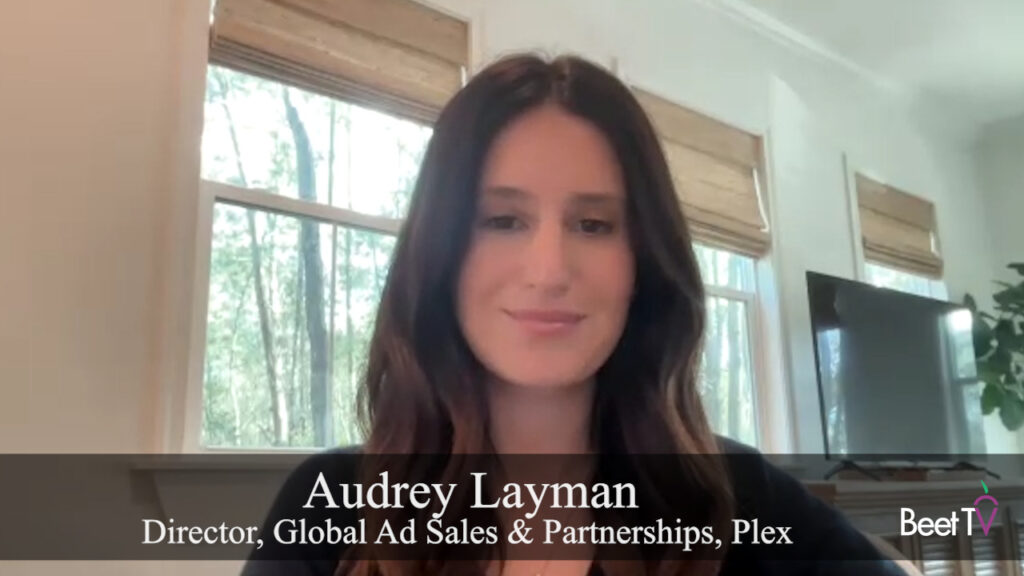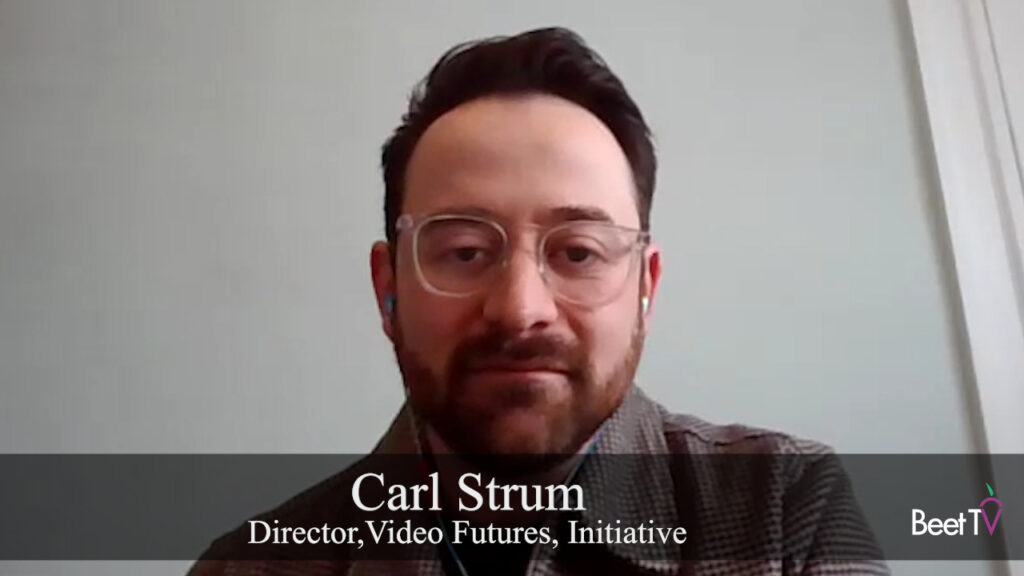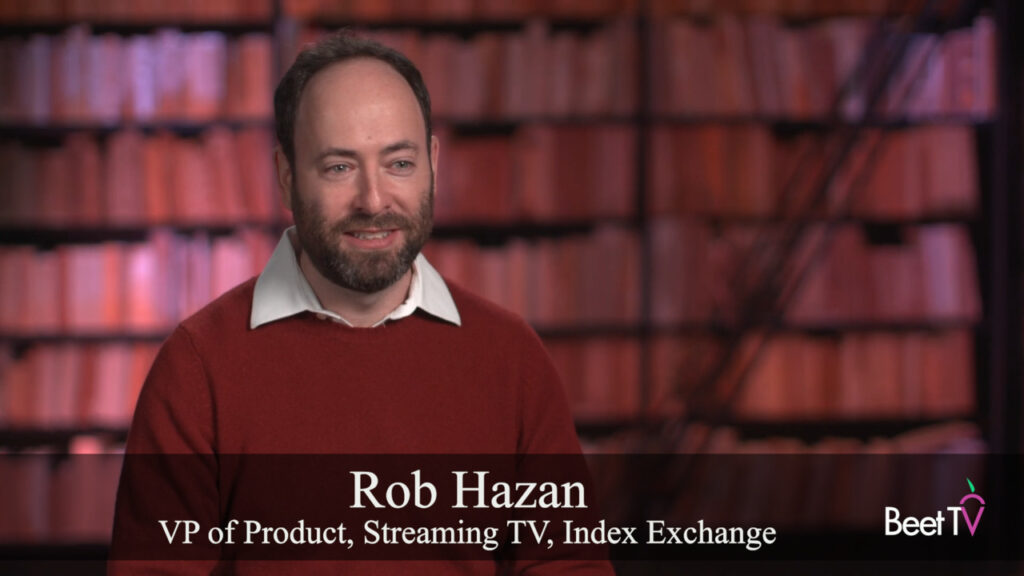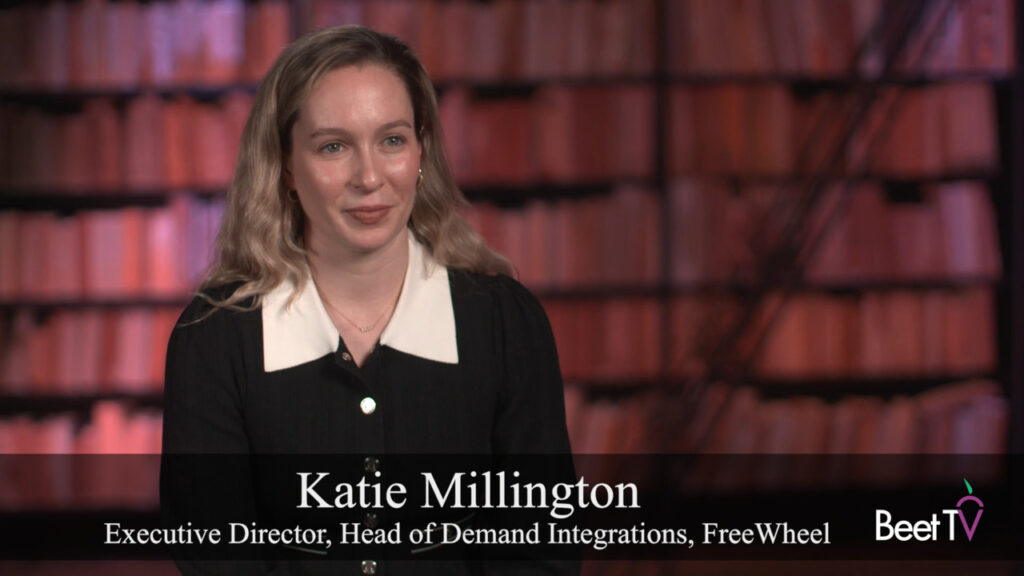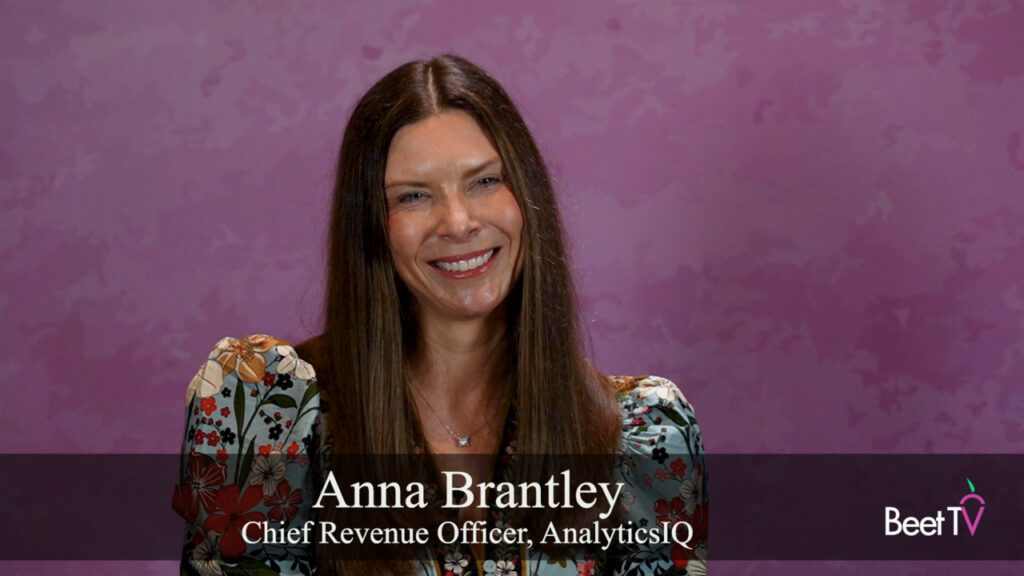ORLANDO — When the US’ new Congress sits from January 3, 2023, Christopher Oswald hopes it will enact a first federal privacy law that did not get written into law during the last session.
The American Data Privacy Protection Act (ADPPA) would finally bring federal auspice to an area of law that states have been enacting for themselves.
In this video interview with Beet.TV, Christopher Oswald, EVP, Head of Government Relations at the ANA, representing US advertising brands, says he hopes the newly-elected Congress can end the patchwork of privacy law.
Over the line
“We’re seeing a lot of states push forth with their own state data privacy law,” Oswald says. “We have about a half dozen states right now who have passed their own laws and they’re in the various areas of implementing those laws with regulations.
“We can’t have 50 different state privacy laws and hope to do a good job of protecting individuals’ privacy. It makes it very difficult for companies to comply, especially advertisers.
“We were very pleased to see Congress actually move on a nationwide privacy standard. Unfortunately, that didn’t make it all the way across the finish line, and there’s still some rough edges within that legislation that we’re working on with Congress.
“But we’re very optimistic next year that we will, in the new Congress, finally get a nationwide data privacy standard enacted into law on the federal level.”
State of the debate
Following Europe’s GDPR, many US states have enacted their own legislation governing what companies can do with consumer data.
“State-level momentum for comprehensive privacy bills is at an all-time high,” writes the International Association of Privacy Professionals (IAPP), whose research counts five such bills signed into law and another four under discussion, encompassing 13 privacy provisions.
Use our U.S. State Privacy Legislation Tracker to stay up-to-date on recent developments as bills progress, are enacted, or fail. Check it out: https://t.co/L27mMPgWzn pic.twitter.com/Hhe5GxdvXW
— IAPP (@PrivacyPros) October 11, 2022
The proposed ADPPA passed a House committee in July 2022 and had enjoyed bipartisan support. However, on the House floor, it faced opposition from representatives of California, whose own CCPA was amongst the most notable of post-GDPR state measures. The state includes many large tech companies.
The CEO of the organization representing digital publishers has spoken out about “loopholes” in ADPPA.
The mid-term elections took place on November 8, 2022.
‘Common-sense’ privacy
For ANA’s Oswald, who was interviewed at ANA’s own Masters Of Marketing conference, where leading brand marketers convened to discuss industry issues, federal law is about “common sense” and manageability.
“We’re leading the charge to push for a standard national data privacy law that is privacy-protective for individuals but still workable for the advertising and marketing industry,” he says.
“That’s one of our main objectives in Congress, to push for that common-sense privacy law that’s workable for everyone.”
Hacking tax
But privacy is not the only issue on Oswald’s policy agenda.
As more legislatures look to raise revenue from successful digital platforms, consideration of taxing digital advertising is growing, with one notable plan in Maryland.
Oswald says the ANA and other companies “were able to get that bill vetoed”.
“The advertising industry was successful in overturning that law because it was found to be unconstitutional and violative of federal statute,” he says, saying advertising is merely an input, whose, output, an eventual sale of a product, is the more appropriate tax point.
“It’s not necessary,” Oswald adds. “It violates a lot of tax principles of pyramiding and things like that, but that’s an issue that we’re always engaged on.”
You’re watching “Assessing TV Performance in a Changed Landscape,” a Beet.TV Leadership Series produced at the 2022 ANA Masters of Marketing, presented by EDO. For more videos from this series, please visit this page.


























